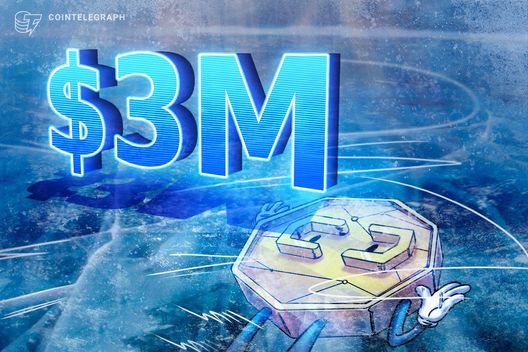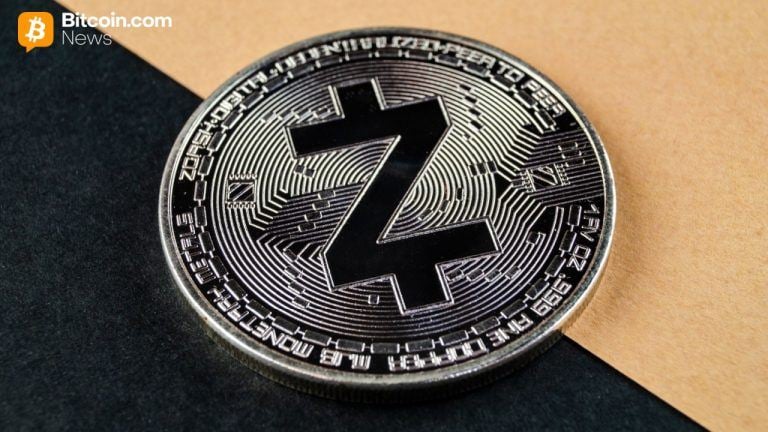COFINA appeal could result in wider bond impact
3 min read

jiawangkun – Fotolia
Appeals court judges sharply questioned both sides at a hearing to determine whether the United States government should be held responsible for losses by Puerto Rico Sales Tax Corp. (COFINA) bondholders.
If the three U.S. Court of Appeals for the Federal Circuit judges side with the bondholders, the ruling could hypothetically be applied to other Puerto Rico bond types restructured in the last few years.
One of the judges, J. Rodney Gilstrap, chief district judge for the Eastern District of Texas, asked the bondholders’ attorney if various courts already heard their arguments and consistently ruled against them.
Bondholder attorney Roger Marzulla said the lower federal court ruled against his side based on “mootness by estoppel,” procedural grounds and not the merits of the arguments.
Another judge asked if a 2014 decision, A&D Auto Sales, Inc. v. United States, applied to the case, which would bar the government from accountability for the haircut bondholders received.
Marzulla said A&D Auto Sales had different circumstances. The case’s judge was trying to determine if a “taking,” defined by the Fifth Amendment had occurred. The clause requires governments to provide “just compensation” to property owners if they take property for public purposes.
In the A&D case, Marzulla said, the judge ruled that when the government authorizes a third party to do a taking, the government is responsible, but the judge said no such authorization occurred with A&D, so the government was not liable.
The Puerto Rico Oversight, Management and Economic Stability Act created the Puerto Rico Oversight Board, which was tasked with finding a solution but wasn’t required impose a haircut on bondholders, one judge noted.
Marzulla said PROMESA included an expectation the board would restructure the debt, with one of its authors, Republican Rep. Sean Duffy, explicitly saying COFINA bonds should be included.
After the
Nathanael Yale, senior trial counsel with the Civil Division of the U.S. Department of Justice, said A&D Auto Sales applies to this case.
PROMESA is broad and incorporates many provisions from the U.S. bankruptcy code, Yale noted. The board had many options with regards to COFINA, therefore the U.S. government
One judge said it was hard to distinguish between authorization and coercion.
Marzulla said COFINA was not insolvent when it was put into the restructuring process and that the board, not COFINA, filed for the restructuring.
In making his case, Yale mentioned the December decision of the U.S. District Court for the First Circuit affirming the lien of the Puerto Rico Electric Power Authority on the authority’s net revenues.
“Essentially, they can’t get a haircut,” Yale said of the PREPA bondholders.
The PREPA bankruptcy case is ongoing and, according to some of the bondholders, the board continues to argue they must take a very large haircut or restructuring of their debt.
Along with Gilstrap, Chief Judge for the U.S. Court of Appeals for the Federal Circuit Kimberly Moore and Circuit Judge Kara Fernandez Stoll conducted the Tuesday hearing in Johnathan H. Dinh et al. v. United States. They didn’t issue a ruling.







